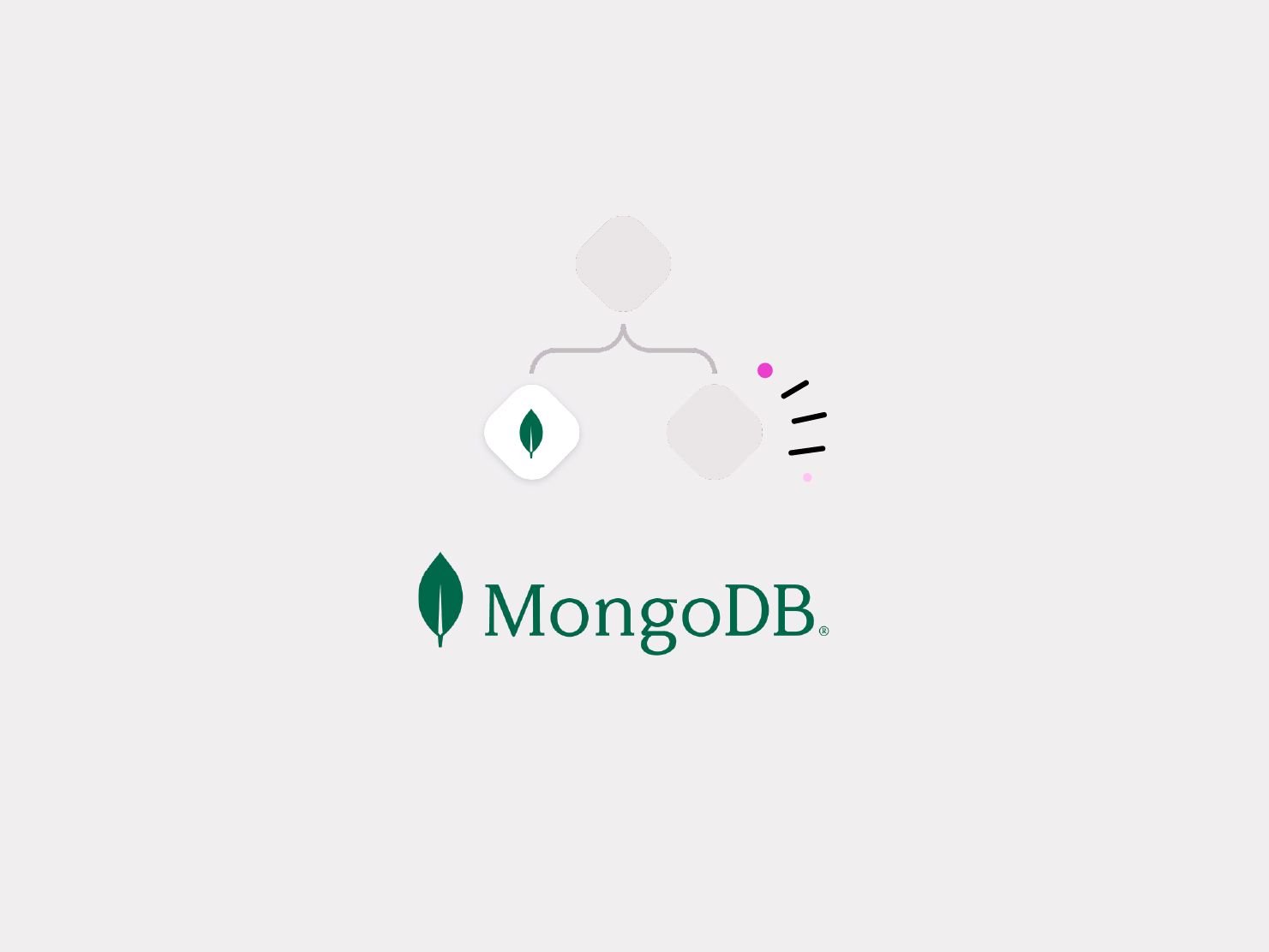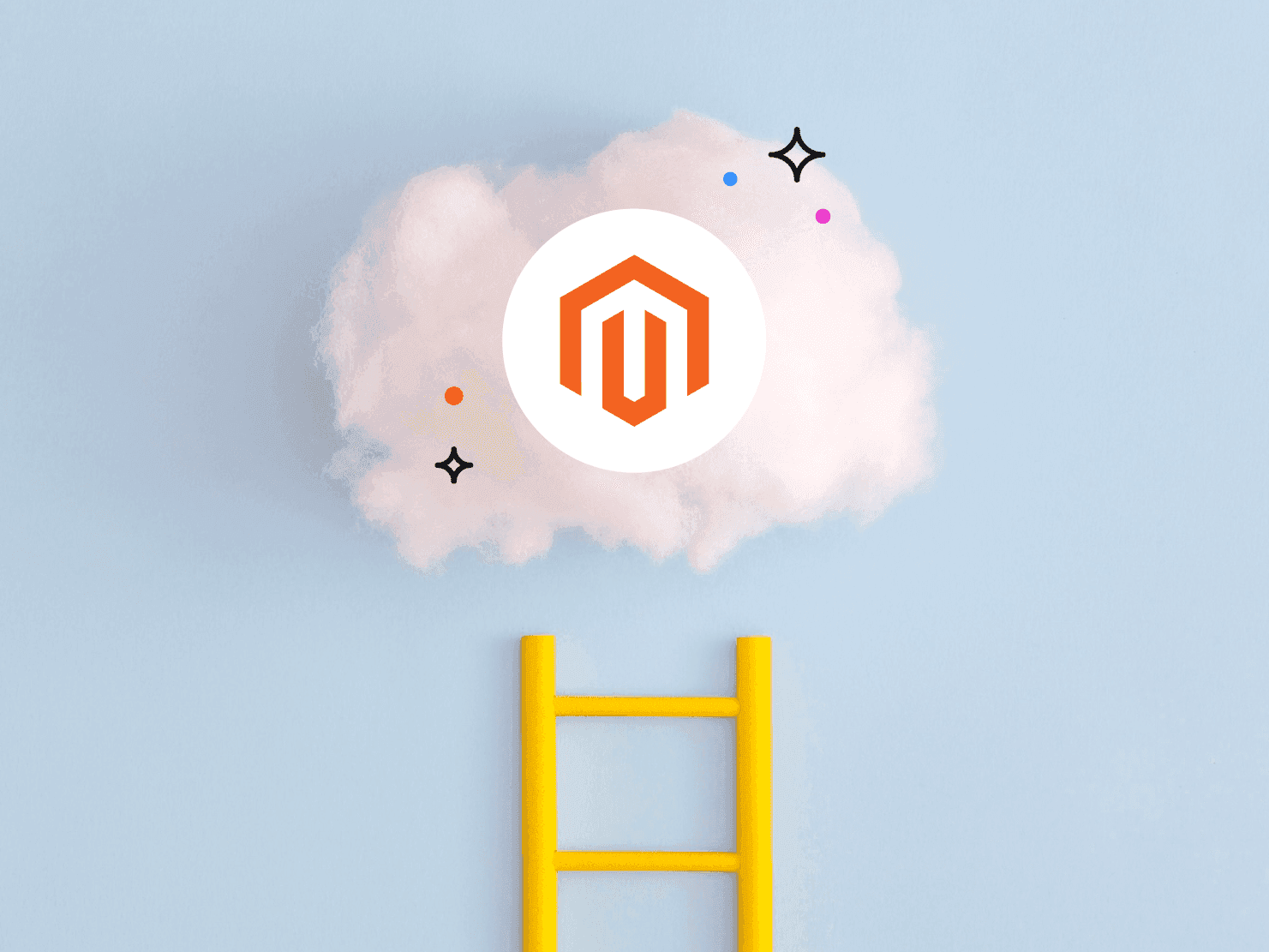
Platform.sh partners with MongoDB to help customers build modern applications faster
Today, we are excited to announce that Platform.sh now offers the latest version of MongoDB to our Enterprise and Elite customers. Clients can now enjoy improved visibility via one source of control, the ability to track multiple applications and users, and native, at-rest encryption that meets the latest security compliance standards.
There are more details about the benefits of MongoDB below. Enterprise and Elite customers can contact our sales team to upgrade to the newest version of MongoDB for an additional charge at any time.
Those already using MongoDB or those interested in running projects on Platform.sh with MongoDB can now take full advantage of upgraded access control and data security features, simplified and automated deployments, alerts, and backups, as well as 24-hour enterprise-grade support from development through to production.
Previous versions of MongoDB that were available to Platform.sh users, , including versions 3.x, have reached their End of Life status and are no longer supported. This partnership ensures these users, as well as those new to MongoDB, are running projects on supported versions of the database that include upgraded features.
Why use Platform.sh with MongoDB?
Just like Platform.sh, MongoDB makes building applications easier and faster, and scales seamlessly. It has the flexibility of NoSQL databases, and the reliability expected from relational databases.
Although MongoDB is a general purpose database, it is perfectly fitted for use cases like content management, catalog of products or assets, personalization, and payments.
MongoDB provides several advantages:
- It’s intuitive. It aligns with how developers think and code. Developers think in objects, and programming languages are object-oriented, so storing data in objects is the most natural way to do things. You don’t need an ORM to translate application queries into SQL code.
- It’s flexible. There’s no need to pre-design data schema before building your application, which allows for the faster evolution of modern applications and websites. You can easily add new fields and ingest new kinds of data, while still enforcing data validation rules.
- It’s versatile. You can tackle any use case and store multiple types of data (JSON documents, tabular, geospatial, graph, key-value, events, etc.).
- It’s universal. Get all the functionalities you can expect from a modern database including expressive query language and ACID transactions.
You’ll also receive around-the-clock 24/7 assistance from our support teams, including the people who designed and developed MongoDB—who each have 10-years-plus of experience working with the database—as well as on-demand online training and emergency patches if required.
How can my organization upgrade to MongoDB?
Previously supported versions of MongoDB server editions, including versions 3.0, 3.2, 3.4 and 3.6, have reached their End of Life, and have been deprecated.
From now on, supported versions will be all MongoDB editions starting at version 5.0.
If you are already running MongoDB on a Platform.sh project and purchase the updated MongoDB version, here’s how to upgrade:
- All you need to do: We will help you migrate from a deprecated 3.x version to the latest 5.x version. Just contact us and we'll upgrade your service for an additional charge.
If you are running a different technology and want to switch over to MongoDB, please reach out to our Support team to get a migration started.
What if I'm already using a version 3.x MongoDB database on a Platform.sh project?
Then you’ll want to upgrade to the latest version to enjoy all the benefits described above. There are a few other reasons, too.
Version 3.x has reached its End of Life phase
As mentioned, versions 3.0, 3.2, 3.4 and 3.6, have reached their End of Life status, and have been deprecated. This occurred back in April 2021. Please refer to the Legacy Support Policy page for more details.
Basically, this means that there will be no new updates made to the 3.x versions. So, if a security issue is discovered on these versions, then that issue won't get an official fix, and, even with Platform.sh security features, your application could be at risk.
That’s the first major reason to upgrade.
You are missing out on some important features by not upgrading
The last version of 3.x, version 3.6, was released way back in 2017, so customers are missing five years of improvements. To put that in perspective, that’s more than an entire U.S. presidential term ago. The original Game of Thrones series was still airing on HBO. French musicians Daft Punk were still active.
Bottom line: That’s a long time ago!
Since then, MongoDB has introduced with version 5 several new innovations, including Time Series Collections. This feature, exclusive to MongoDB 5.0, stores time series in a highly optimized and compressed format, reducing storage footprint as well as IO to achieve greater performance and scale. IoT, financial analytics, and logistics projects can easily benefit from this.
And if your project manipulates sensitive data, with MongoDB 5.0, it can leverage Client-Side Field Level Encryption. That means your data will be end-to-end encrypted without any code modification, making it fully transparent.
Aggregations have changed a lot since 3.x, too. MongoDB 4.0 added type conversion operators, such as $toDate or $toDouble to convert data at query time. MongoDB 5.0 has added more features to the aggregation.For example it's not possible to write the results of a pipeline to a collection.
One project's dependency is not compatible anymore with MongoDB 3.x
When updating a project, you are also updating dependencies. Since 3.x has reached its End of Life phase, a library can drop support for it. If you want your project to take advantage of these features, it would need to move on from MongoDB 3.x.
Platform.sh and MongoDB together: The best way to go
By using MongoDB alongside Platform.sh, you will get all Platform.sh features on top of all MongoDB features. It’s the best of both worlds: Platform.sh as a service as well as a database.
For example, with Platform.sh, if you need to test a new version of your website, you simply click on the PSH branch button and you instantly obtain a clone. And with the automated backups feature you don't need to worry about manually scheduling your backups anymore since it's all built-in.
And future MongoDB updates will be as easy as it gets: just make the change on a branch, test it, validate it, merge, and you are up-to-date.
Contact us to migrate to the latest version of MongoDB as soon as possible, or if you have any questions!
 Switching to Platform.sh can help IT/DevOps organizations drive 219% ROI
Switching to Platform.sh can help IT/DevOps organizations drive 219% ROI Organizations, the ultimate way to manage your users and projects
Organizations, the ultimate way to manage your users and projects




